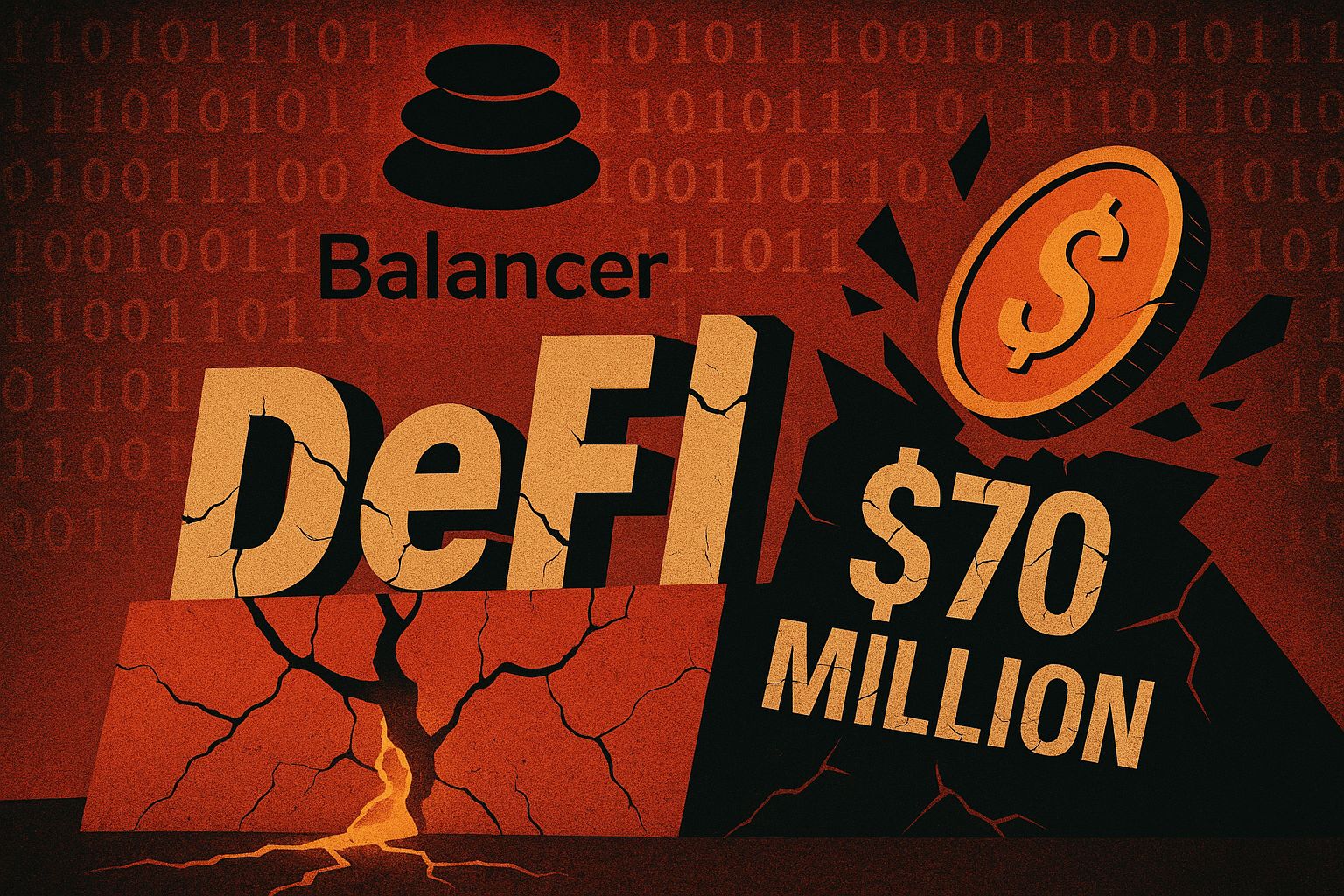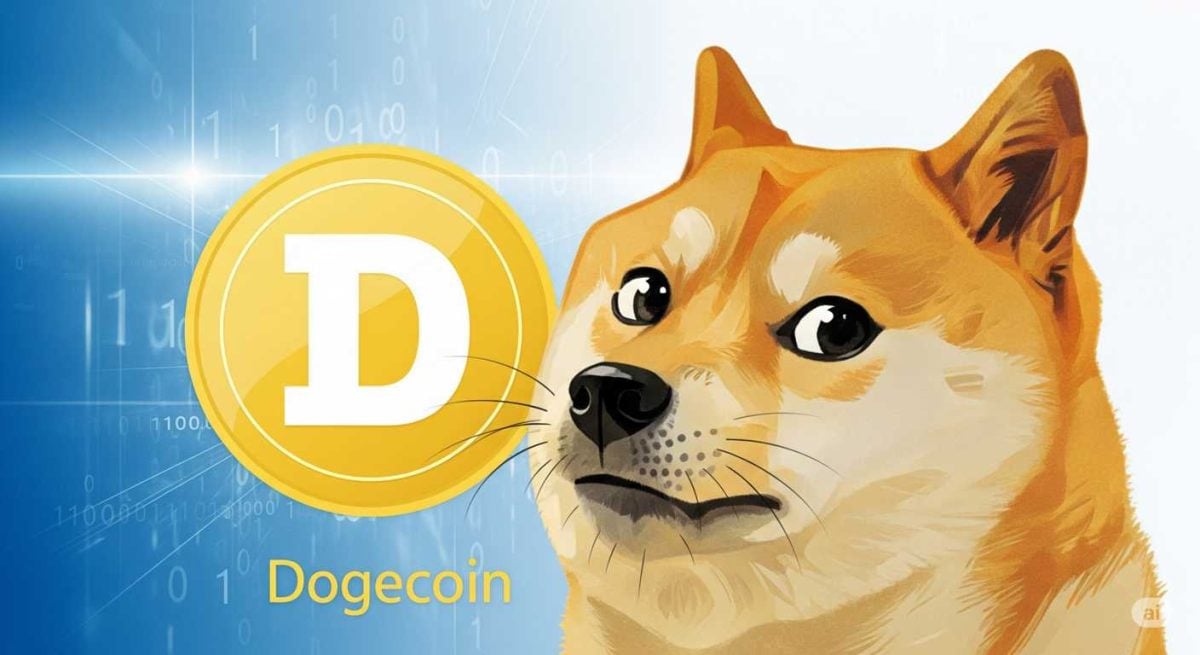For a country of just 9.3 million people, Israel has emerged as a global force in blockchain and Web3 innovation.
From elite military tech units to top-tier universities and a booming startup scene, the nation has built an ecosystem that turns ambitious ideas into market-ready solutions, attracting billions in venture capital and producing some of the sector’s most influential startups. How did they do it?
Military Tech Breeds Blockchain Talent
Israel’s rise in deep-tech and cybersecurity is the foundation for its blockchain success. Home to over 1,400 deep-tech startups, including five AI unicorns, the country ranks among the world’s leaders in data analytics and machine learning research.
Sponsored
Cybersecurity, Israel’s strongest sector, alone drew 38% of all tech investment in 2024 and has grown 86% over the past decade, more than double the broader tech sector.
Much of this innovation originates in Israel’s unique mix of military and academic expertise. Many blockchain founders are veterans of elite Israel Defense Forces (IDF) tech units such as Unit 8200 and Mamram, often called Israel’s “Silicon Valley in uniform.” These programs train hundreds of specialists each year in cybersecurity, cryptography, and data infrastructure. These skills translate seamlessly into blockchain and Web3 startups.
One standout initiative is the Mamram Blockchain Incubator (M.B.I), launched by the Mamram Alumni Association, which includes over 8,000 veterans of the IDF’s central computing unit. The incubator collaborates with major blockchain players like StarkWare, Fireblocks, Collider VC, and Gornitzky & Co to help early-stage ventures scale.
Israeli universities play a critical role in bridging military tech and private startups. Institutions such as the Technion, Weizmann Institute, and Hebrew University were early to integrate cryptography and blockchain into their programs, providing a steady talent pipeline.
Known as “Silicon Wadi”, the high-tech business cluster along Israel’s coastal plain grew out of the 1960s defense and academic research ecosystem. Today, it stands as one of the world’s most active startup hubs, continuing to drive innovation across cybersecurity, AI, and blockchain.
„Startup Nation“ Mentality
Israel, the home of blockchain startups like StarkWare and Fireblocks, is often described as the “startup nation” and stands out for its entrepreneurial mindset.
The culture prizes quick problem-solving, agility under uncertainty, and a high tolerance for risk, traits that fit the fast-moving world of blockchain and Web3. Failure isn’t feared, but treated as a learning step that fuels smarter innovation.
A good example is Bancor, one of Israel’s earliest and most ambitious blockchain startups. Launched in 2017 as a decentralized liquidity protocol, Bancor raised $153 million in 2017.
The project weathered market crashes and regulatory scrutiny, but its early experiments with automated market makers (AMMs) helped lay the foundation for modern DeFi. Bancor’s approach went on to inspire the next generation of Israeli and global DeFi innovators.
Universities and Venture Capital Power Innovation
A big part of Israel’s rise in blockchain comes down to networking and mentorship. Tech veterans, investors, and successful founders regularly share their knowledge and connections with newcomers, while angel investors help early-stage teams secure both funding and guidance.
In fact, the share of angels making more than five investments jumped from 8% to 32% in 2024, and those making more than eight investments doubled to 10%.
As of 2024, Israel’s Web3 ecosystem includes over 145 startups categorized into 12 sectors including blockchain infrastructure, custody, cybersecurity, gaming, hardware, NFTs, payments, risk management, real-world assets , social platforms, and trading and finance.
Respectively, the ecosystem has attracted roughly $4.5 billion in venture capital, which is about 4.5% of the global Web3 VC investment.
For a country of just 9.3 million people in 2024, Israel’s Web3 funding is remarkably high. Per capita, it outpaces most nations, showing just how influential Israel has become in the global blockchain space.
 Source: Entrée Capital
Source: Entrée Capital
Universities such as the Technion, Weizmann Institute, and Hebrew University supply research expertise in cryptography and mathematics, working closely with startups to turn theory into practical blockchain solutions.
Programs from Startup Nation Central connect startups to global markets, facilitating scaling and international partnerships.
Since a significant portion of startups focus on developing solutions for global challenges, it’s no surprise that most of them form partnerships with major international organizations. Companies such as GK8, Unbound, Curv and Simplex have drawn strong interest from major industry players.
Israel’s Web3 scene also boasts several unicorns or startups valued at over $1 billion. Notable names like eToro, Fireblocks, and StarkWare highlight the country’s growing impact in the global blockchain market.
The Bottom Line
Israel’s blockchain ecosystem thrives at the crossroads of talent, capital, and institutional support. Cutting-edge research, startup accelerators, and global partnerships have created a self-sustaining engine that turns early-stage ideas into market-ready solutions.
With venture capital pouring in, Israel is set to fuel new startups and reinforce its standing as a global hub for blockchain. As Web3 and decentralized technologies grow worldwide, the country looks poised to help shape the future of the sector.
Discover DailyCoin’s trending crypto scoops:
Canton Network Plans $500M Fund to Expand Enterprise Blockchain
Powell’s Hawkish Tone Sparks $850M Crypto Selloff Despite Fed Rate Cut
People Also Ask:
Israel has become a Web3 hub thanks to its mix of military-trained tech talent, top universities, a thriving startup ecosystem, and strong venture capital support. The country excels in blockchain, cybersecurity, and decentralized technologies, making it a global leader in innovation.
Israel’s Web3 ecosystem has attracted roughly $4.5 billion in venture capital, about 4.5% of global Web3 funding. Angel investors and venture funds actively mentor and fund early-stage startups.
Israel’s unique combination of military tech expertise, academic excellence, strong mentorship networks, venture capital, and a culture that embraces risk and innovation makes it a standout Web3 hub.




